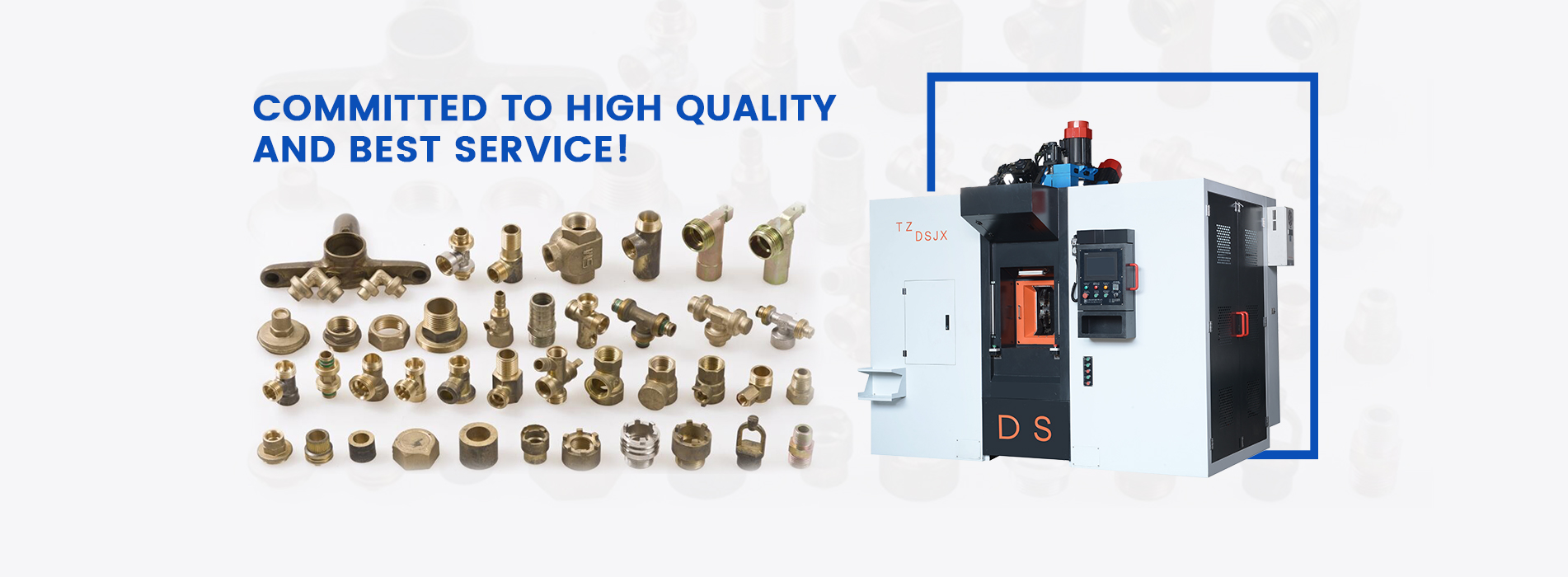In the process of manufacturing transformation, more and more communication between machines and people is needed, and the traditional wired technology limits this way of communication, and also affects the flexibility needed for the continuous improvement of existing technologies.
The new generation of wireless 5G communication has the characteristics of reliability and sensitive response, and will be an obvious opportunity in process control. In many ways, 5G will be the enabler of the Internet of things because data acquisition from factory sensors can flow in real time and have controllable delays.
For manufacturing, a challenge will be to build reliable radio networks in indoor environments that may be interfered with by radio. Another challenge is the availability of spectrum. Public networks operating in the same spectrum can provide even more interference to the wireless signals on which the manufacturing process depends.
Many industrial Internet of things systems are conceived as private and dedicated to the entities under discussion, dedicated spectra and smaller combinations can avoid interference, and some countries may use certain frequency bands for industrial Internet of things use.

